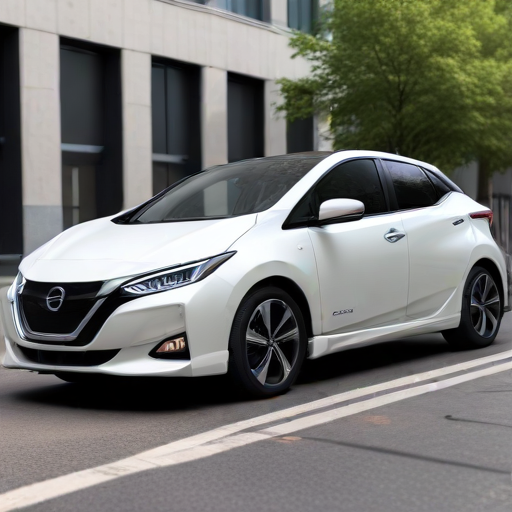Japanese automotive giants Nissan Motor Corp. and Honda Motor Co. have confirmed they are exploring a closer collaboration, but they have denied rumors regarding a potential merger. This announcement follows reports that Nissan’s stock surged nearly 24% after speculation about a merger that could establish the companies as the world’s third-largest automaker. Conversely, Honda’s shares saw a decline of nearly 3%. Mitsubishi Motors, an ally of Nissan, is also involved in these discussions.
Trading for Nissan’s shares was briefly halted before a joint statement clarified that while they are considering various collaborative options, no definitive decisions have been made. This potential partnership comes at a time when the automotive industry is witnessing significant transformation, particularly due to the rise of electric vehicle (EV) manufacturers from China, which are challenging the market positions of U.S. and Japanese companies.
Japanese automakers have struggled to keep pace with global competitors in the EV market, pushing them to seek cost reductions and strategic partnerships. Earlier this year, Nissan, Honda, and Mitsubishi announced plans to share components for EVs and jointly develop software for autonomous driving technology to adapt to the industry’s shift toward electrification.
A hypothetical merger would value the combined entity at around $55 billion. Bringing together Nissan, Honda, and Mitsubishi could bolster their competitiveness against industry leaders like Toyota and Volkswagen. Notably, Nissan’s experience with larger SUVs and hybrid technology, along with its battery production capabilities, could significantly benefit Honda in enhancing its EV lineup.
Currently, Nissan is undergoing substantial changes, including a workforce reduction of 9,000 jobs and a 20% cut in global production capacity, following a financial loss of 9.3 billion yen. There’s a renewed urgency for collaboration, especially after Foxconn’s potential interest in acquiring Nissan to strengthen its foothold in the EV sector.
Despite some setbacks in profits, particularly for Honda due to a slump in China, the automotive industry is poised for innovation and adaptation. As these companies navigate challenges such as changing consumer affordability preferences and global economic pressures, their collaborative efforts may provide a path to revitalization.
In summary, while Nissan and Honda are not merging, their willingness to work together suggests a proactive approach in a rapidly evolving market. Looking forward, this collaboration could lead to the development of more competitive and affordable vehicles that meet the needs of consumers.
